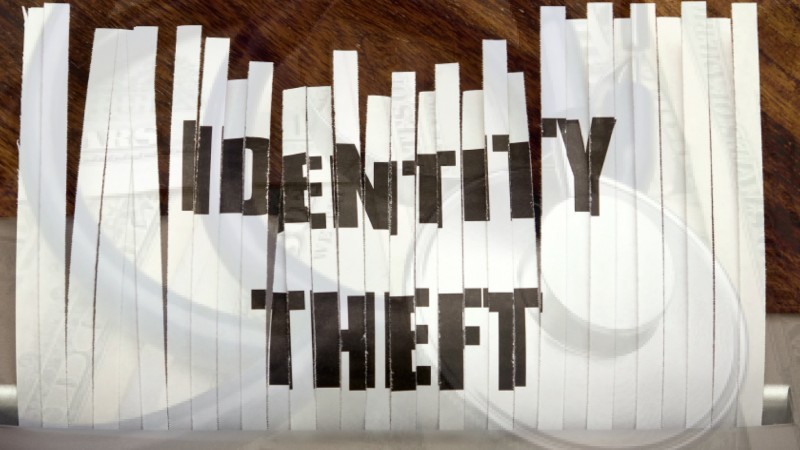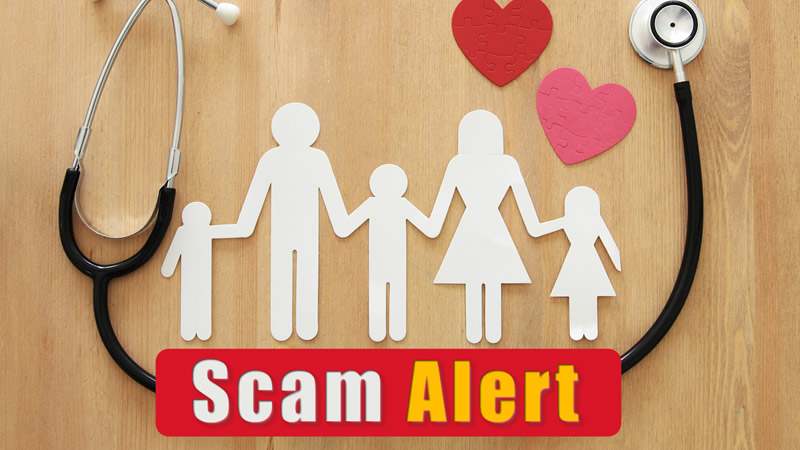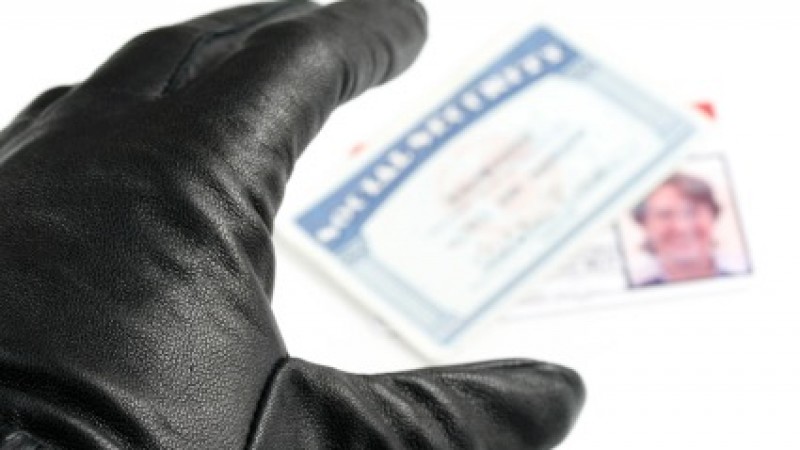Medical ID Theft: What Do You Need to Know?
- Details
- Written by Drew Guthrie
- Category: Articles

Medical identity theft is a fast growing type of identity theft. It is the use of your name and/or your health insurance information, including your social security number and address, to steal medical services. The thieves use the information to see doctors, get prescriptions, file insurance claims, get medical devices or equipment and many other services. And many are savvy enough to avoid raising red flags with service providers.
Protecting your medical information is just as important as protecting your financial and other personal information.
Medical ID theft can impact your health, your healthcare, and your financial well-being. It can be harder to detect than financial fraud and may take longer to recover from, especially if the thief's medical history, diagnoses, and treatment are mixed up with your electronic medical records.
What You Should Do
Protecting your medical and insurance information is an ongoing process. Here's what you should do:
-
Review every Explanation of Benefits (EOB) or Medicare Summary statement to verify dates and services performed. Call the provider if you think something isn't right.
-
Get copies of your medical records and update them each time you receive treatment. If your records get altered, this can help you prove it.
-
Review your records regularly. Patient portals that allow online access to your medical records can make this easier. Notify your provider if you find something wrong.
-
If you lose your health insurance card, request a new ID number and new card.
-
Protect your social security number. If a provider requests it, ask why it is needed.
-
Don't provide your medical or health insurance information over the phone unless you know who you are talking too. Never put this information in an email.
Just as important as protecting your information is knowing how to detect medical ID theft. Some indications include:
- Receiving an EOB or Medicare Summary for services you didn't receive.
- Receiving a bill for services you didn't receive.
- Receiving a call or letter from a debt collector about a medical debit you don't owe.
- Medical collection notices on your credit report that you don't recognize.
- Receiving a notice from your health plan saying you have reached your benefit limit.
- Receiving a denial of insurance because your medical records show a condition you don't have.
Protecting your medical information is just as important as protecting your financial and other personal information. Make it habit.
For More Information
From Consumer Reports:
Medical Identity Theft from the FTC has tips for detecting medical identity theft and correcting mistakes in your medical records.
Medical Privacy from the Privacy Rights Clearinghouse has numerous articles about health and medical information privacy.

































